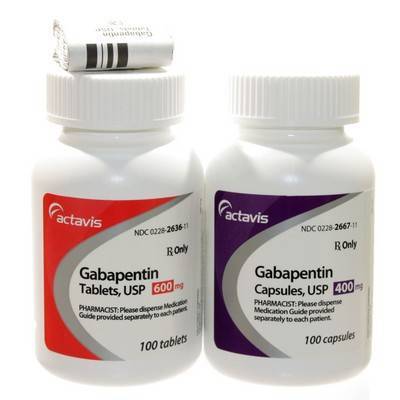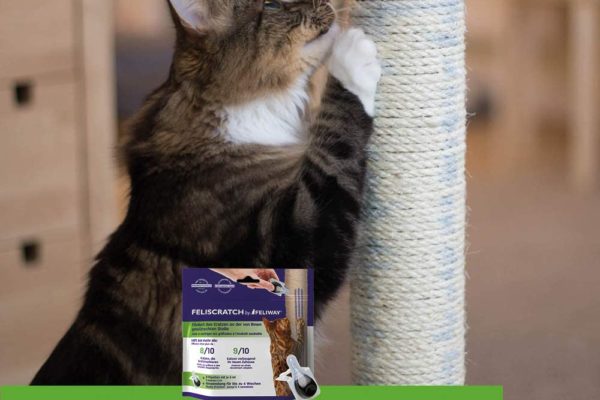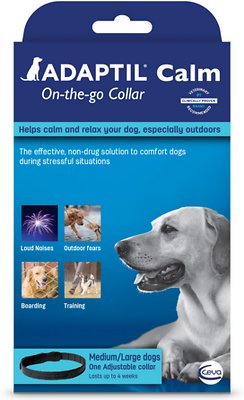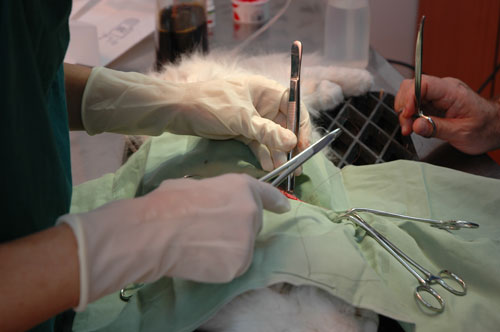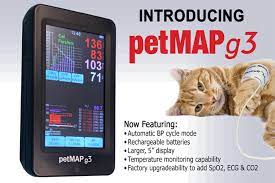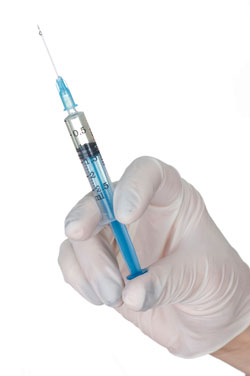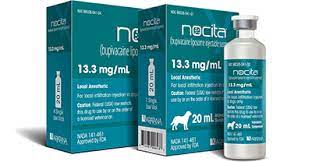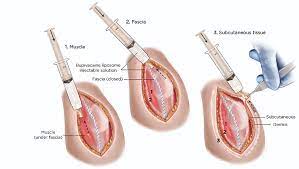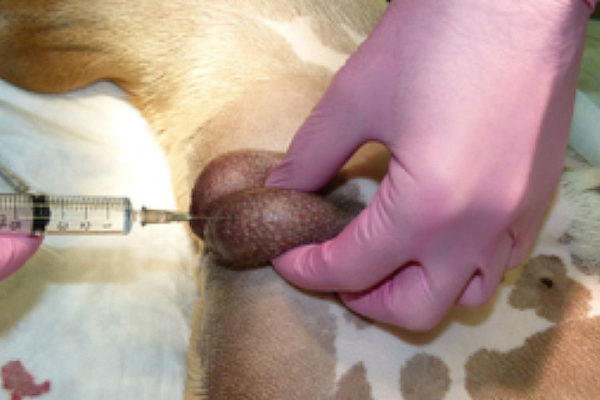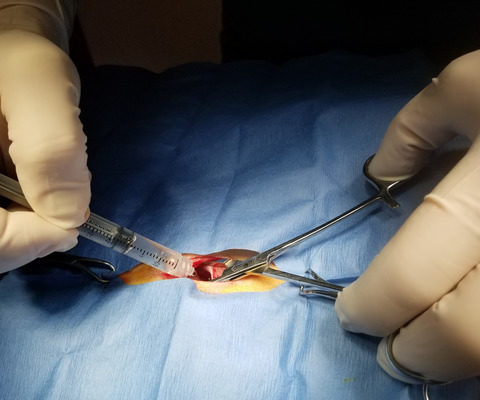For some procedures, your pet will need to be administered general anesthesia so that he or she will be unconscious and not feel pain. Many pet owners worry about their pets being administered general anesthesia. We can assure you that modern anesthesia is generally quite safe; to further lower any risk, Byron Animal Clinic performs a physical examination and run blood work ahead of time to catch any underlying health issues. In addition, we follow a specific anesthetic protocol, including monitoring vital signs during the procedure, to ensure the safety of our patients.
At Byron Animal Clinic, we have highly trained Registered Veterinary Technicians use their skills to carefully monitor each patient under general anesthesia. We also use monitors that track heart rate, EKG, respiratory rate, blood oxygen, blood carbon dioxide, blood pressure, and body temperature. We administer intravenous fluids and warm those fluids and well as they patient using special heating pads and warm blankets. You pet is in very good hands when under general anesthesia with us.
We begin most general anesthetic procedures by sending oral sedatives to be administered by the pet owner at home. By administering an oral sedative we help the pet relax and decrease any anxiety and pain. We then administer a pre-med anesthetic by intramuscular injection to deepen the relaxation and sedation. We then administer an intravenous drug to provide complete induction of anesthesia so we can place a breathing tube into the patient’s trachea (windpipe). To maintain the state of unconsciousness, we deliver a gas anesthetic in combination with oxygen through the breathing tube.
Please contact us at (519) 472-3770 if you have any questions or concerns about your pet receiving general anesthesia or about the procedure for which your pet is scheduled.


